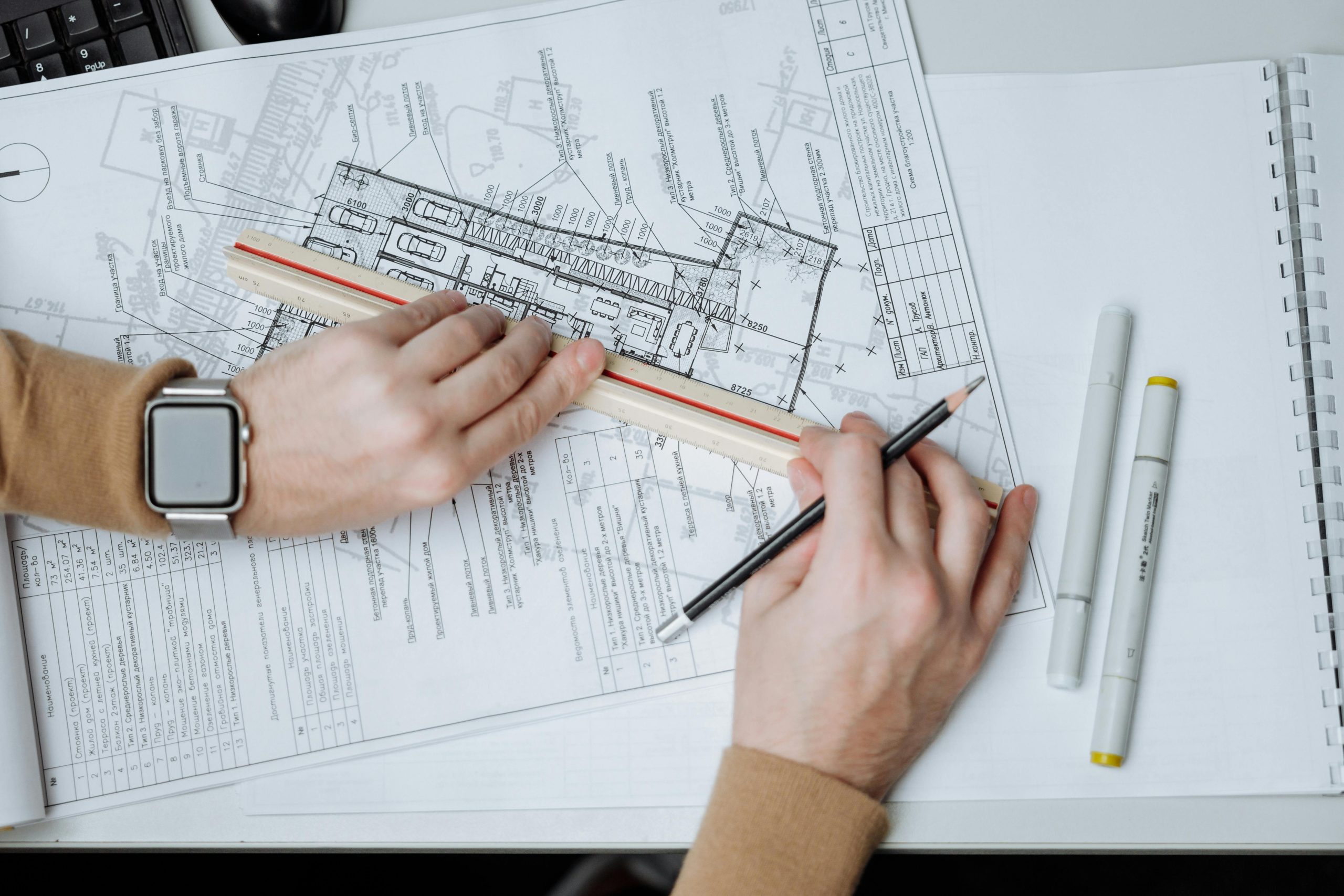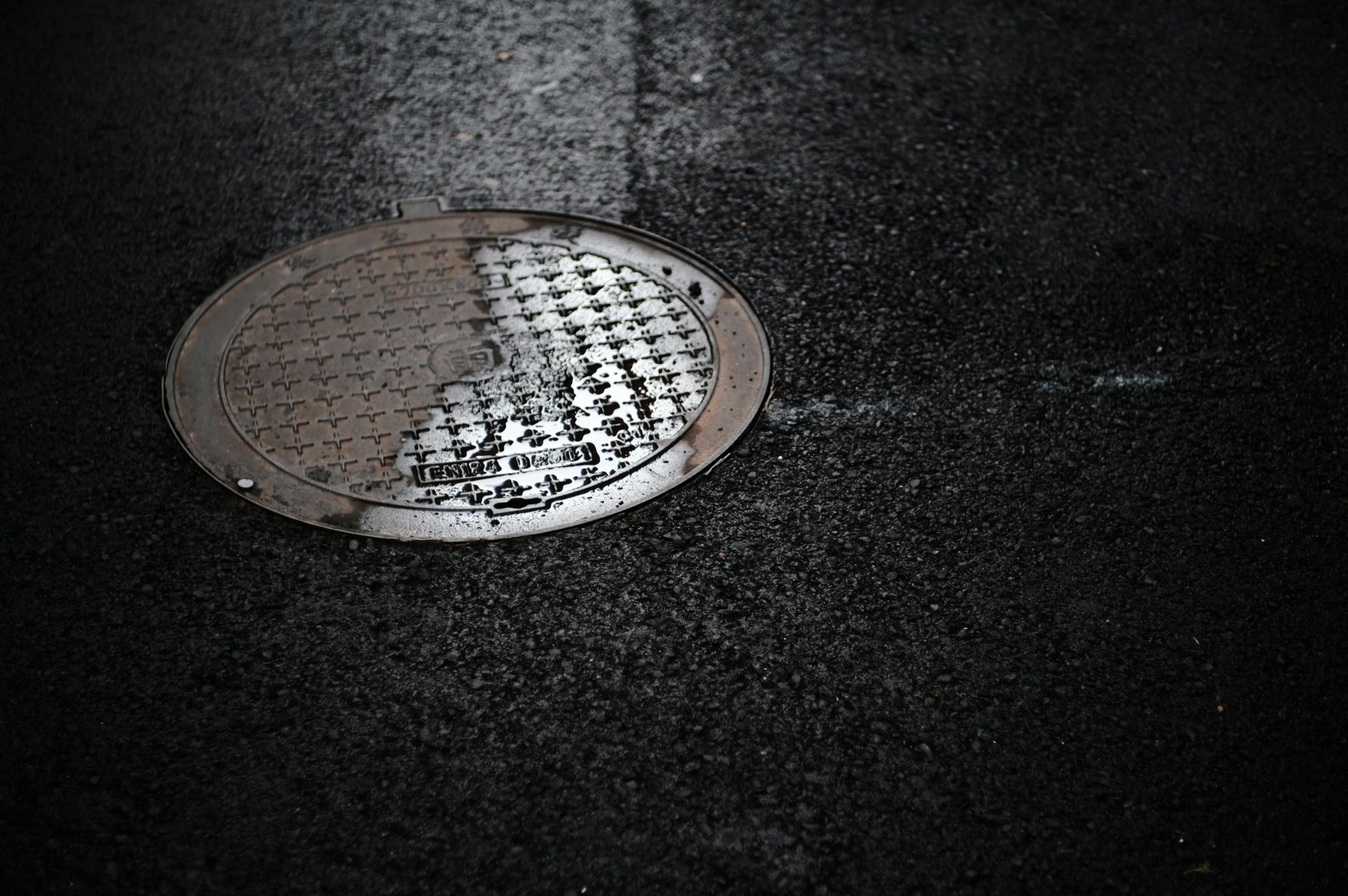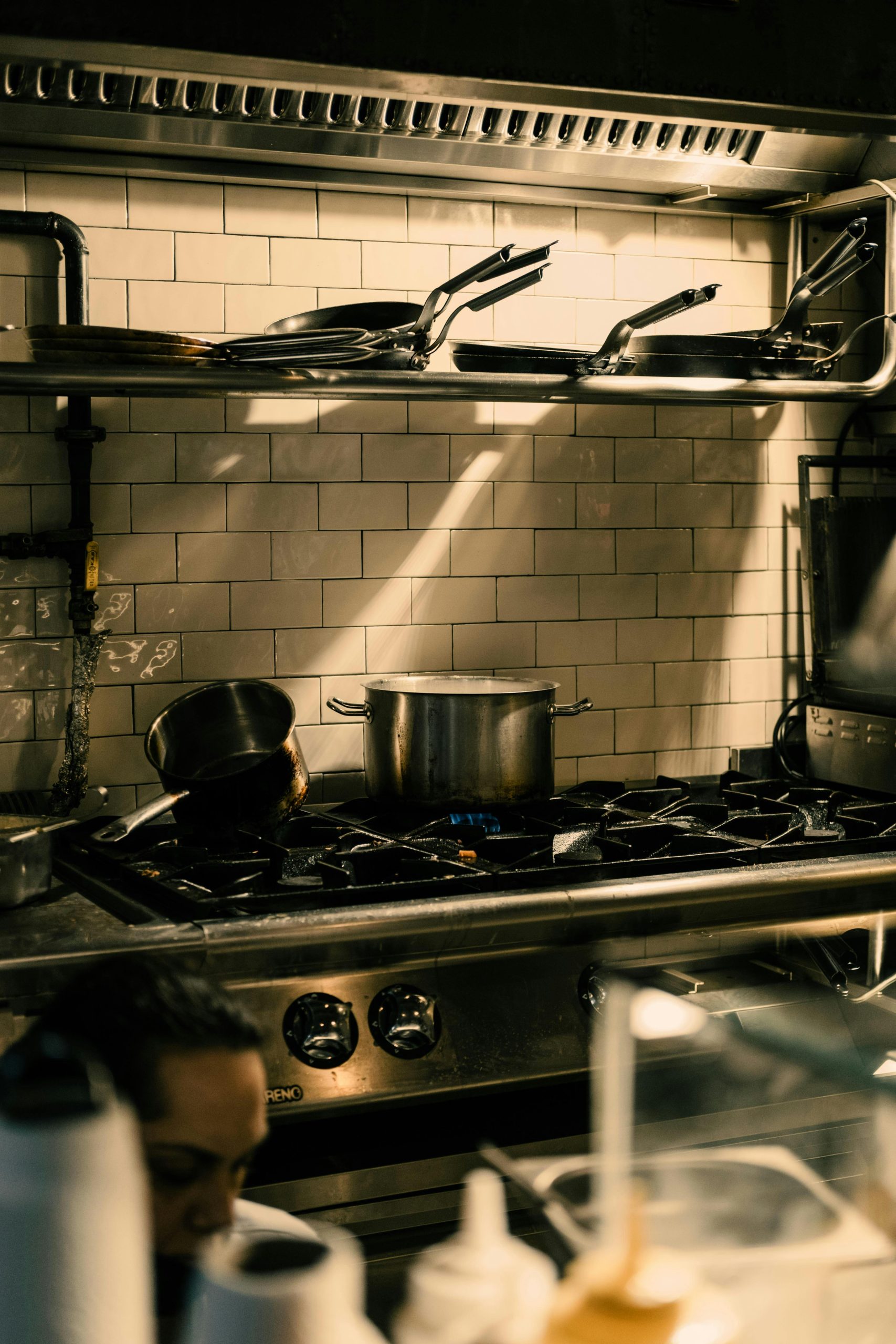Starting a restaurant is an exciting journey, but it requires careful planning and financial investment. Understanding the full scope of startup costs is critical to ensure your venture starts on solid ground. At the Jimmy Carey Commercial Real Estate Team, Atlanta’s trusted restaurant brokers, we’ve helped countless restaurateurs turn their dreams into reality by providing expert guidance at every step.
In this guide, we break down the key costs involved in opening a restaurant, helping you budget effectively, avoid surprises, and focus on what matters most—delivering an unforgettable dining experience.
Why Understanding Restaurant Startup Costs Is Critical
Opening a restaurant involves more than leasing a space and setting up tables. From construction to marketing, every aspect requires thoughtful financial planning. Understanding these restaurant startup costs helps you:
-
Set REALISTIC expectations and secure financing.
-
Avoid overspending and costly delays.
-
Prioritize investments that enhance customer experience.
Proper budgeting is the first step toward building a successful restaurant in Atlanta or beyond.
Key Restaurant Startup Costs
Here’s a detailed breakdown of the major expenses restaurateurs face when starting their businesses

Jimmy Carey Commercial Real Estate
1. Construction Costs:
Transforming a vacant space into a fully operational restaurant is often one of the largest expenses. Construction costs can vary widely depending on the space’s condition, size, and your vision.
What’s Included in :
-
Demolition and removal of existing structures.
-
Environmental remediation
-
Building walls, ceilings, and flooring.
-
Plumbing, electrical installations, and HVAC upgrades.
Average Cost: $130 to $500 per square foot, depending on the location and scope of work.
Pro Tip: Partner with experienced contractors who understand restaurant -specific needs, such as grease traps and ADA compliance.
Alternative: Save Money with a Second-Generation Restaurant
Purchasing a second-generation restaurant space that has already operated as a restaurant—can save time and money.
How It Saves Money in restaurant startup costs:
-
No major construction costs: Saves $150–$300 per square foot.
-
Pre-installed infrastructure: Grease traps and hoods save $10,000–$100,000.
-
Included kitchen equipment: Reduces costs by $10,000–$200,000.
How It Saves Time:
-
Faster launch: Ready in 1–3 months versus 6–15 months for build-outs.
-
Simplified licensing: Pre-existing zoning and permits streamline approvals.
Tips for Success:
-
Inspect the space and equipment thoroughly.
-
Work with the Jimmy Carey Commercial Real Estate Team to find the perfect second-generation location in Atlanta.

Jimmy Carey Commercial Real Estate Team
2. Grease Trap and Hood Installation
Grease traps and exhaust hoods are essential for health and safety compliance in commercial kitchens.
Cost:
-
Grease trap: $8,000–$35,000, depending on size, difficulties and installation type.
-
Exhaust hood: $17,000–$150,000, based on complexity.
Pro Tips:
-
Ensure compliance with Atlanta’s health and safety regulations to avoid costly delays.
-
Keep in mind that a Scrubber Hood System involves a higher upfront installation cost and requires significant annual maintenance expense.

Jimmy Carey Commercial Real Estate Team
3. Equipment
Every restaurant requires high-quality kitchen equipment to function efficiently.
Examples:
-
Ovens, fryers, grills, and flat tops.
-
Refrigerators and dishwashers.
-
Prep tables and storage shelving.
Cost: $25,000–$400,000, depending on the kitchen’s size and scope.
Pro Tip: Mix good-quality used equipment with new purchases. Have refrigeration units inspected by a professional before buying used.
4. Utilities Paid During Construction
Utility costs for water, electricity, and gas start even before your doors open. Construction and setup often require heavy energy use.
Cost: $1,000–$25,000, depending on the project duration.
Pro Tip: Monitor energy usage during construction to avoid unnecessary expenses.
5. Marketing and Advertising in Restaurant Startup Budgets
Effective marketing is essential to create buzz and attract customers to your new restaurant.
What’s Included:
-
Social media campaigns.
-
Online presence. IE: Google Maps
-
Website development.
-
Professional photography and promotional materials.
-
Influencer collaborations.
Cost: $5,000–$40,000 initially; ongoing costs average 4% of total revenue.
Pro Tip: Focus on digital platforms like Instagram and TikTok to reach younger audiences in Atlanta’s dynamic dining scene.
6. Architect and Engineer Fees
Experienced architects and engineers ensure your restaurant is functional, visually appealing, and compliant with building codes.
Cost: $10,000–$50,000, depending on project complexity.
Pro Tip: Hire professionals with experience in restaurant design to optimize your space’s efficiency.
7. Consulting, Accounting & Attorney Fees
Hiring a consultant can provide valuable expertise in menu design, kitchen workflows, and operational efficiency.
Legal and financial professionals are essential for setting up your business and maintaining compliance.
Attorney Fees: For reviewing leases, contracts, and permits.
Cost: $2,500 to $15,000.
Accountant Fees: For setting up bookkeeping and tax planning.
Cost: $2,500 to $10,000 initially.
Consulting Fees: depending on the consultant’s expertise, scope of work, and involvement.
Cost: $5,000–$40,000, depending on scope.
Pro Tips:
-
Always choose professionals with restaurant industry experience and knowledge.
-
While consulting fees may seem high, the expertise can save you time and money in the long run.
8. Kitchen Smallware and China/Glassware/Other restaurant startup costs
Don’t overlook the smaller tools and utensils your kitchen needs to operate.
Examples:
-
Pots, pans, and knives.
-
Small appliances like blenders and food processors.
-
China, glassware, and serving utensils.
Cost: $5,000–$120,000, depending on your operation size.
Pro Tip: Invest in durable, high-quality items to avoid frequent replacements.
9. Furniture and Fixtures
Your restaurant’s furniture and décor contribute to its ambiance and customer appeal.
Examples:
-
Tables, chairs, banquettes, bar, and barstools.
-
Lighting, artwork and wall décor.
-
Cabinetry & Millwork
-
Acoustic reduction, office furnishings
Cost: $12,000–$200,000, depending on your concept.
Pro Tip: Align furniture and décor with your branding to create a cohesive experience.
10. Licenses and Permits
Securing the necessary licenses and permits is critical for legal compliance.
What’s Included:
-
Business license: $200–$1,000 annually.
-
Health and food service permits: $300–$1,500 combined.
-
Alcohol license: $7,000–$500,000, depending on type and location.
-
Fire Department and Signage Permits: $500–$2,500 combined.
-
Music Licenses (if applicable): $300–$1,000 annually.
Total Cost: $5,000–$500,000.
Pro Tip: Start the application process early, as approvals can take months. Work with professionals to avoid errors or delays.
11. Employee Training Costs
A well-trained team ensures excellent customer service and operational efficiency.
What’s Included:
-
Orientation and compliance certifications.
-
Technology and POS system training.
-
Mock service and pre-opening events.
-
Friends and Family: pre opening event(s) where a restaurant invites close acquaintances to simulate real dining experiences.
Cost: $7,000–$50,000 upfront, with ongoing training expenses.
Pro Tip: Use online platforms and cross-train employees to save costs and improve flexibility.
12. Software and Point-of-Sale Systems
Efficient software and POS systems are critical for managing orders, inventory, and payments.
Examples:
-
POS terminals and software.
-
Inventory management systems.
-
Employee scheduling tools.
Cost: $6,000 to $35,000, including hardware and initial setup.
Pro Tip: Research POS systems that integrate with delivery platforms like DoorDash and Uber Eats for added convenience.
13. Miscellaneous Costs,
Don’t forget to budget for smaller but important expenses:
-
Uniforms for staff ($1,200 to $3,000).
-
Menu Printing or Menu Boards ($300 to $6,000), often overlooked restaurant startup costs
-
Music and/or TV system & Installation ($500 to $50,000)
-
Linen company set costs ($500 to $1,000)- See below Pro Tips
-
Permit Running Expeditor ($3,500 to $30,000)
-
Initial inventory of food and beverages ($5,000 to $100,000).
-
Signage for your restaurant’s exterior ($3,000 to $10,000).
Pro Tips:
-
Always add a 10-15% contingency fund to your budget for unexpected expenses.
-
Be cautious of Linen Company contracts that usually include unfair or exploitative terms. Read the fine line and always negotiate the terms and personal guarantees.
How the Jimmy Carey Commercial Real Estate Team Can Help Minimize Restaurant Startup Costs
Navigating the complexities of restaurant startup costs can feel overwhelming, but with the right expertise, it becomes manageable—and even exciting. At the Jimmy Carey Commercial Real Estate Team, we specialize in supporting restaurateurs across Atlanta, including vibrant areas like Downtown, Midtown, West Midtown, and Buckhead, as well as surrounding cities like Cumming, Roswell, and Alpharetta.
We’re proud to serve clients throughout the entire state of Georgia, ensuring you find the perfect location and expert support to bring your restaurant vision to life.
Let us help you make your restaurant dreams a reality!
-
Find prime locations tailored to their concept and budget.
-
Negotiate favorable lease term and reduce restaurant startup cost
-
Connect with trusted professionals like architects, contractors, and consultants.
-
Provide data-driven insights to guide financial planning.
Starting a restaurant requires careful planning and significant investment, but with the right approach, it can be incredibly rewarding. By understanding and budgeting for these costs, you’ll be better prepared to launch your restaurant successfully.
If you’re ready to take the first step, the Jimmy Carey Commercial Real Estate Team is here to help. Contact us today to find your ideal restaurant location in Atlanta and start your journey to success. Learn how the Jimmy Carey Commercial Real Estate Team helps minimize restaurant startup costs.

 Facebook
Facebook
 X
X
 Pinterest
Pinterest
 Copy Link
Copy Link